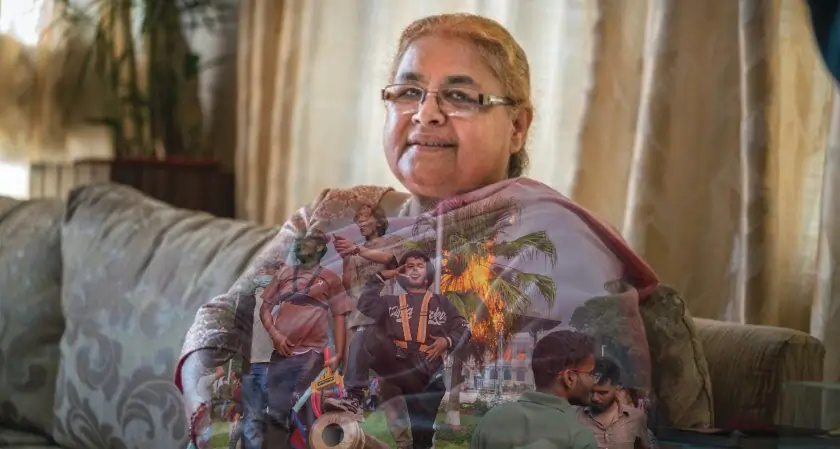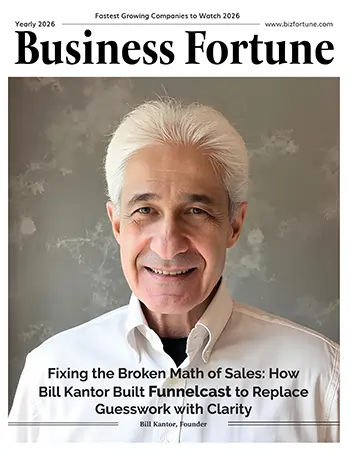Over 30 people are killed, and tensions along the border are heightened as protests overthrow the Oli government and India obtains assurances from the head of the Nepal Army.
As the political and law-and-order situation in the neighboring Himalayan country remains precarious, India's senior security apparatus maintains constant communication with General Ashok Raj Sigdel, the Chief of the Nepal Army. General Sigdel has promised India complete cooperation, according to sources who spoke to CNN-News18. Additionally, he has stated that every effort is being made to settle the situation and that the current crisis will not spread to Indian Territory.
The Nepal Army Chief gave India his complete assurance when India asked for Nepal's assistance in upholding law and order and guaranteeing the protection of Indian citizens during negotiations. Additionally, India emphasized that it will not meddle in Nepal's domestic issues. The Army Chief acknowledged that the problem had arisen unexpectedly, but he promised to work quickly to find a solution.
After youth-led demonstrations against corruption and a social media ban broke out on September 8, Nepal is currently dealing with a constitutional and leadership crisis. Prime Minister KP Sharma Oli and a number of ministers have been forced to quit because to the turmoil, which was sparked by Gen Z protesters. Curfews, army deployments, and attacks on politicians' residences have been prompted by the deaths of at least 34 individuals.
According to sources who spoke to CNN-News18, former Chief Justice Sushila Karki is expected to take over as interim prime minister, suggesting that Nepal's leadership crisis is about to be resolved. She will be nominated to the Upper House and promoted by ordinance in accordance with the 2015 Constitution, according to a legal workaround that is being investigated.
Karki has received the support of Sudan Gurung, the young leader of the We Nepali organization, who emphasized that the dissolution of Parliament is final and that the new administration must represent the wishes of the youth.
Long lines at a few gas stations have resulted from the partial closure of the India-Nepal border, which has also caused acute gasoline shortages. While security patrols are still in place, authorities in Kathmandu and southern Nepal have loosened curfew hours.
Balendra Shah, the mayor of Kathmandu, and former NEA chairman Kulman Ghising were among the other choices that were examined, but Karki has gained the most support. India is keeping a careful eye on the situation and, without taking direct action, is expressing support for regional stability.



































